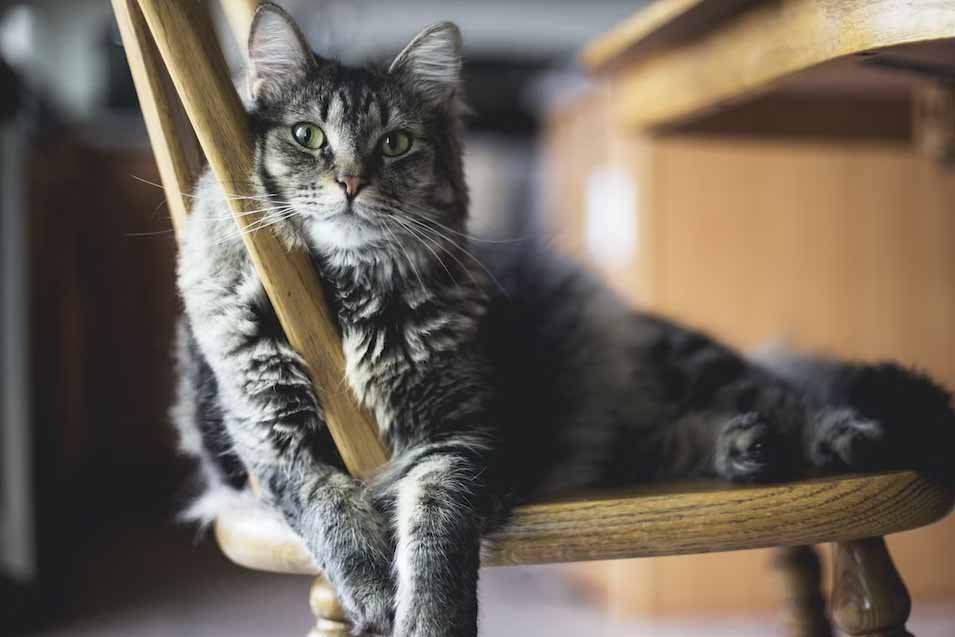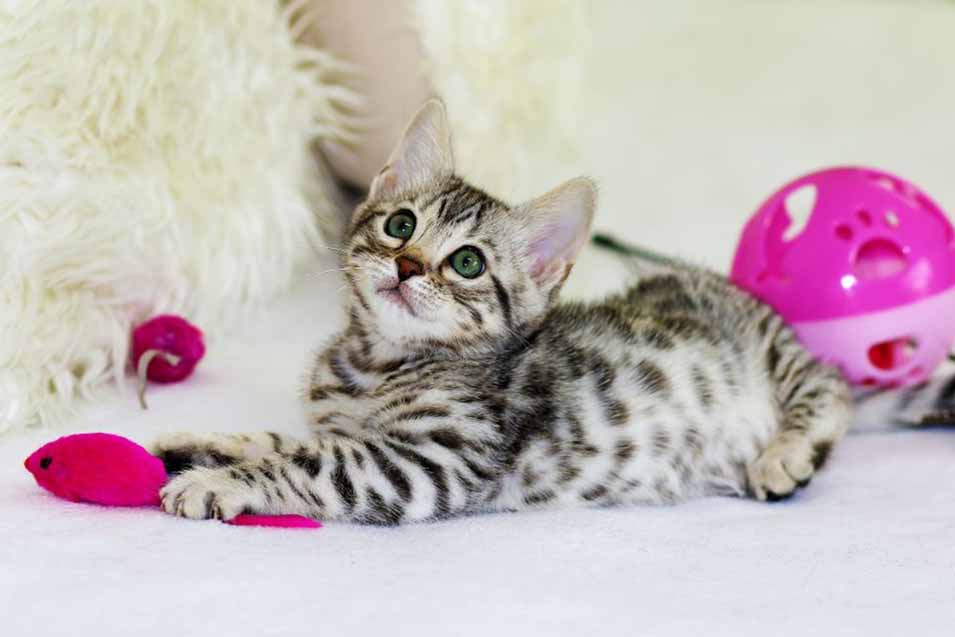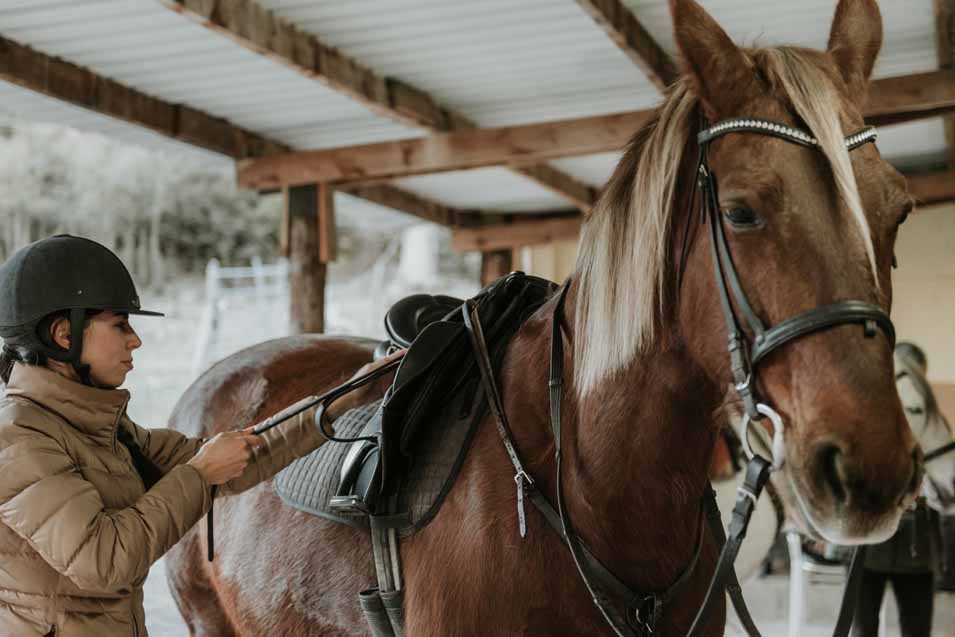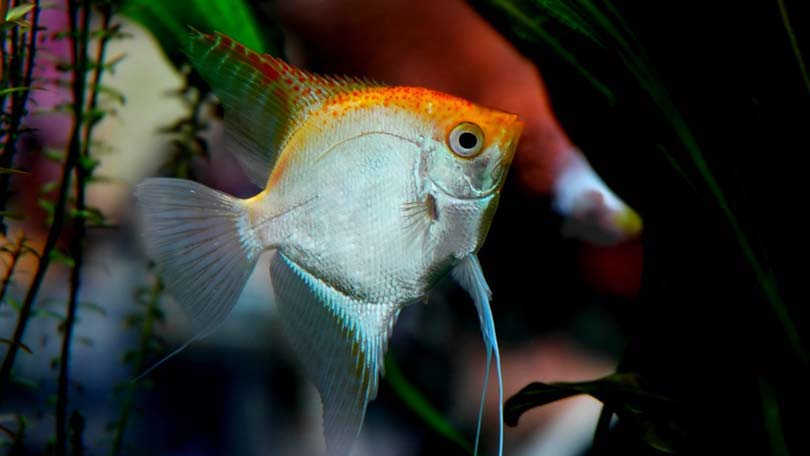
From the mystical charm of a Siamese to the pint-sized cuteness of a Munchkin cat, there’s a feline close friend available for every person. Nothing can be a lot more delightful than feeling a fuzzy Persian massaging up against your legs when you return house from job, or working out a big purring Maine Coon on your lap while you see television. If you like a pet cat, it’s just natural that you would wish to keep them spry and fit all throughout their life-span, from when you bring them home as a small kitty to when they’re a lazy elderly sunbathing on a perch.
Yet just how does a pet cat’s needs vary throughout their lifespan? How can you make sure that your hairy liked one stays in peak problem no matter their age? Today we’ll review how the health requirements of a cat shift as they grow, as well as exactly how you can work together with your local veterinarian to produce a health plan for the four-legged apple of your eye.
Felines go through similar life phases as humans
Equally as people have various life stages, pet cats grow from small neonates to senior citizens, with unique needs throughout these different periods of growth.
A healthy, well-cared-for interior cat can expect to live in between 10 to 15 years, with some also getting to the venerable age of 20; exterior cats usually live much shorter lives because of the many threats of staying in the wild, such as bloodsuckers and predators.
From birth to age one, a feline is thought about a kitty. Like an infant, they will have premature immune systems and will need a variety of inoculations to maintain them in good health. They likewise might struggle with parasites that are inherited from their mom or picked up from their setting– a particular problem in sticky Tennessee– so you must expect to obtain them dewormed to avoid major problems. Also, you will certainly want to have them purified or neutered anywhere at anywhere in between 4 to six months of age; new clinical support urges you to wait a bit longer to ensure that they get the full advantage of their sex hormonal agents.
After a fairly short teenage years– concerning 6 months– your kittycat will be a full produced cat. They will certainly require less calories as they are no longer expanding, so you’ll want to switch them to adult cat food to stop weight problems. It is very important to stay on top of oral treatment since they have all their adult teeth, that includes brushing their teeth and also arranging them for normal teeth cleansings; this will certainly avoid periodontal disease, which can be unpleasant and cause heart problem. Be sure to remain on top of tick as well as flea prevention, also for indoor pet cats.
Around 7 years old, your pet cat will officially come to be an elderly, as well as it will certainly be important that you arrange regular veterinarian brows through to remain on top of any kind of establishing health and wellness conditions. Your cat could start to slow down around this time around, so you might need to transform their setting to aid them stay comfy; for instance, you may want to remove high perches that they can no more securely get to, or move their can closer to their favored resting places so they are much less susceptible to mishaps. Your vet will very closely check their blood job to expect organ problems, and also they might require medicines to ward off age-related illness. Careful attention to your feline’s wellness requirements will make sure that they can remain as active as feasible for as lengthy as feasible, and that they will certainly have a sensible and pain-free end of life.
FOR ALL PHASES OF YOUR FELINE’S LIFE, YOUR LOCAL ANIMAL CLINIC IS A PARTNER IN EXCELLENT FAMILY PET WELLNESS
It’s easy to get captured up in your own life and fail to remember that your feline requires routine vet check-ups to remain healthy and balanced; this is a specific trouble for feline relative, because they have a tendency to hide diseases until they end up being extremely ill. As such, make it a practice to arrange twice-yearly appointments also when your pet cat is completely great, with even more check outs must your family pet show indicators of illness.
During these gos to, your pet cat will certainly get any type of needed vaccinations and be completely checked out for establishing disease; she or he may also have actually blood attracted for a complete blood panel, which can recognize any type of issues that may be occurring as they age. Bring along any type of inquiries or worries you may have, including any type of adjustments in habits, cravings, or shower room habits, as these might idea the medical professional right into problems that need to be explored further.
Preventative care is necessary not just to prevent costly veterinarian bills, however additionally to ensure that your feline remains energetic for as lengthy as feasible and also does not experience any kind of pain. Throughout every stage of your feline’s life, make certain to get in touch with consistently with a seasoned veterinarian, as this can mean the difference between a satisfied feline and a calmly suffering kitty.




